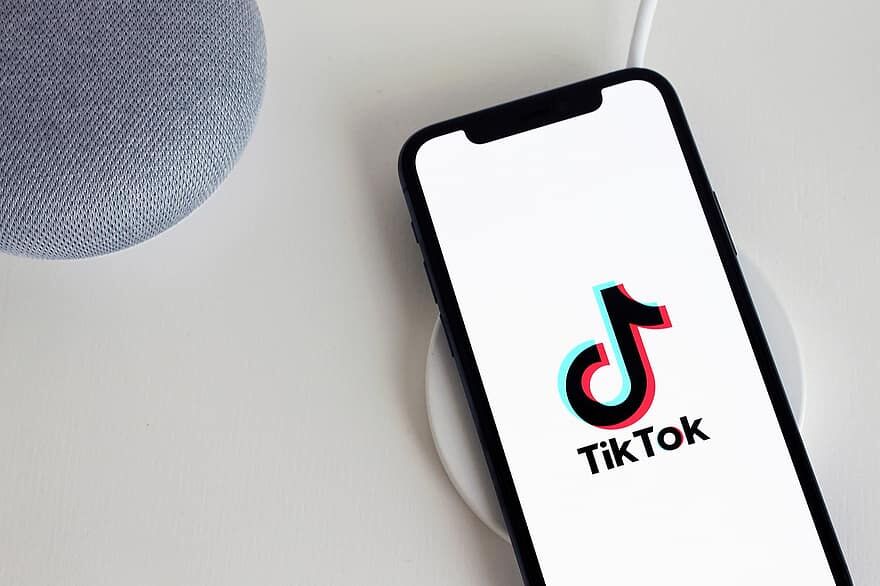Editorial: Should the government be able to ban TikTok?
August 5, 2020
The government should not be able to ban an app.
President Donald Trump plans to ban the Chinese app TikTok if it’s not sold by Sept. 15. Should the government be able to ban apps in the United States? No. That action comes too close to the suppression of speech. There’s a difference between banning an app or website to comply with specific regulations and banning it altogether.
Freedom of speech is in the Constitution.
TikTok is an app that allows for the distribution of ideas and expressions. It is precisely for these reasons the app is not available in China. The Communist Party of China is quick to nix or curate any illusion or allusion of freedom of speech. Unlike China, we have a Constitution that ensures we continue to have individual freedoms, even if some people use them to troll our president.
Just recently, TikTokers requested about a million tickets for the Trump rally in Tulsa, Oklahoma, but only 6,200 people showed up. In a tweet, Trump seemed proud of the almost 1 million ticket requests. He later found out about the TikTokers’ prank.
However frustrating it may have been for the president, this is no reason to ban an app. Of course, the app is not without controversy in other countries.
Earlier in June, it was banned by the government of India, along with 58 other apps, by Chinese firms due to concerns of “national security” and misuse of data collected from users. It should be noted Chinese troops killed 20 Indian soldiers weeks earlier before the ban in a clash at the Line of Actual Control in Ladakh.
The app may also suffer a similar fate in Australia shortly.
The Chinese company ByteDance owns TikTok. In 2017, the government of Xi Jinping drafted a new intelligence law that tightened the legal basis to essentially coerce Chinese private companies along with foreign companies on Chinese soil to “cooperate” with the government. Part of that law states “any organization or citizen shall support, assist and cooperate with state intelligence work according to law.”
This is one of the real concerns many people should have.
However, we do not need to look across the pond to find incidents of misuse of our data by our very own. Facebook’s lax rules allowed Cambridge Analytica and the Trump campaign to illegally harness data to build profiles on voters for the 2016 presidential campaign. Facebook was not banned.
ByteDance has said over and over it does not share data with the Chinese government or store data in China, though, we don’t know. Given the Chinese laws, at any point, these things could change. China indeed restricts what goes on the platform in some countries. For example, they have minimized the coverage of the Hong Kong protests and censored videos related to Tiananmen Square or Tibetan independence, among others.
Removing the app altogether breeds censorship. If there is no real and substantial proof an app is a threat to national security, then the government has no business banning an app. In the long run, the government may be able to prove their case, but until then, there should not be any doubt this is a democratic country.
We cannot be like China, where the government decides what companies are allowed to exist. If the president goes through and bans TikTok with no proof, then what would that make us? What would be next?







